AO Edited
Hvide Sande Nazi Bunkers
Remnants of the Nazis' occupation of Denmark linger along the sand.
In the shadow of the sand dunes, juxtaposed against the beautiful, wild beach of Houvig, these Brutalist concrete structures provide a stark reminder of the Nazi occupation of Denmark during World War II.
After World War I, fueled by unrest and Hitler’s charismatic leadership, the Nazi Party grew in Germany. The Nazis blamed the Jews, Communists, liberals, and pacifists for the Great Depression, and promised to restore Germany’s standing in the world.
Denmark declared itself a neutral party at the outset of World War II, but just a few months after the official start of the war Germany began occupying the territory. Over the course of the war, a resistance movement developed, and many Danish Jews escaped the country when German authorities ordered their internment as part of the Holocaust.
Germany’s interest in the Danish territory was strategic—the Nazis hoped they could use its location to better attack Norway. They built about 50 bunkers in the Houvig area, many of which remain today, spread out in the dunes and along the beach.
Now empty, dank, and graffitied, these weathered concrete blockhouses are nevertheless worth a visit for any history, architecture, or photography buff. They also form a wondrous hide-and-seek playground for older children visiting the beach. And if you visit after dark, the bunkers provide the perfect platform from which to almost touch the profusion of stars in the heavens over the North Sea.
Know Before You Go
To get the most out of your visit, go in the Spring/Summer months, and visit the Ringkøbing-Skjern Museum beforehand.

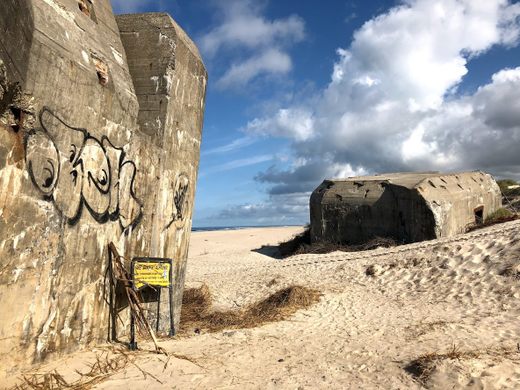
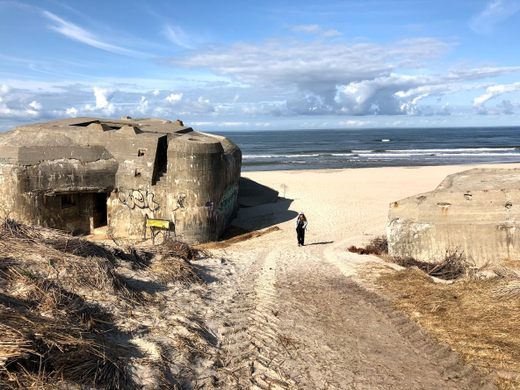
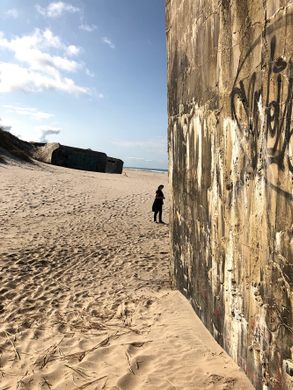
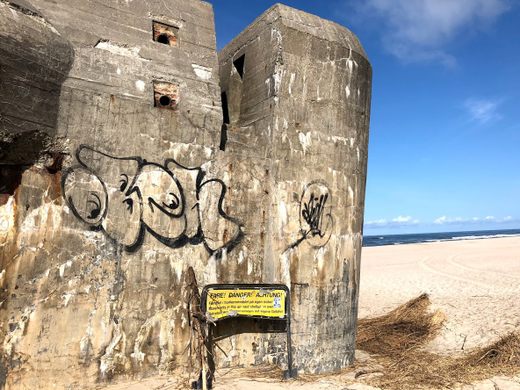
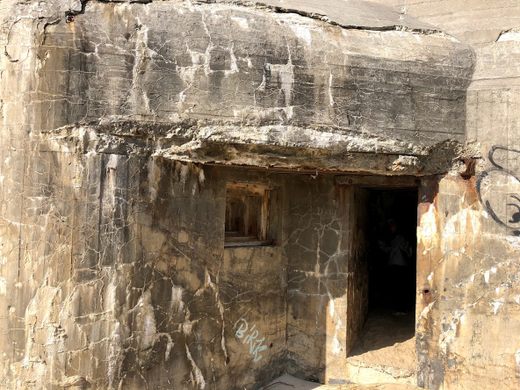
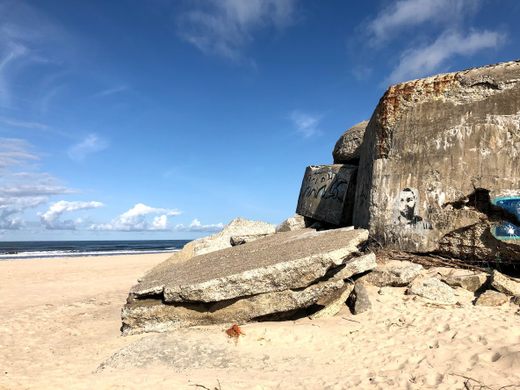


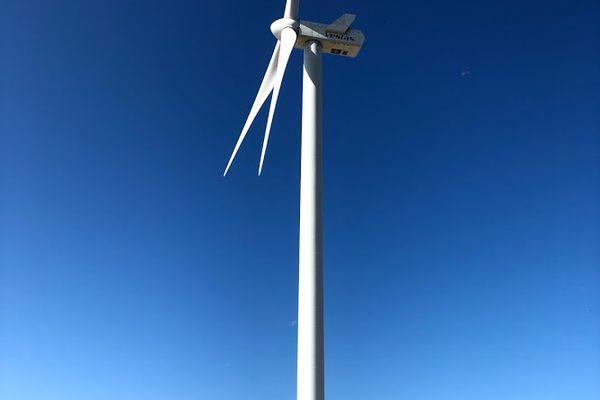

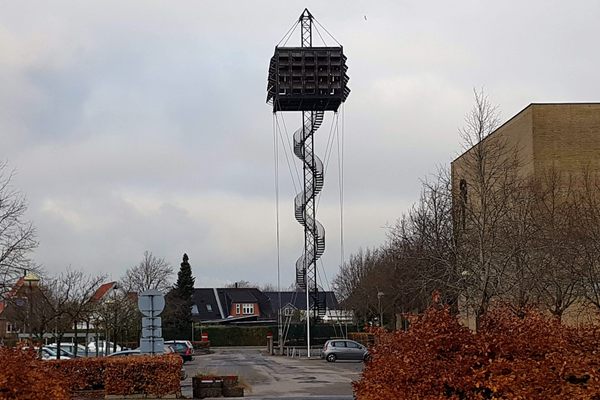
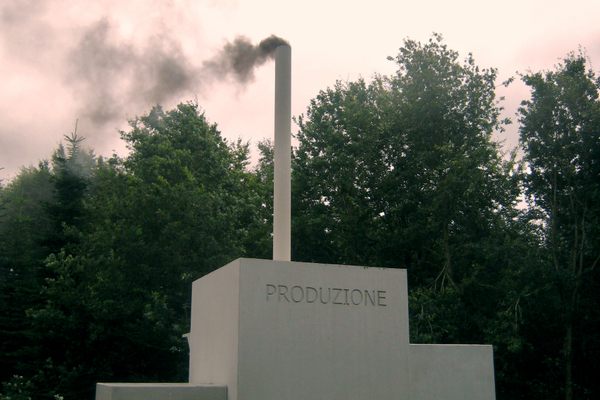
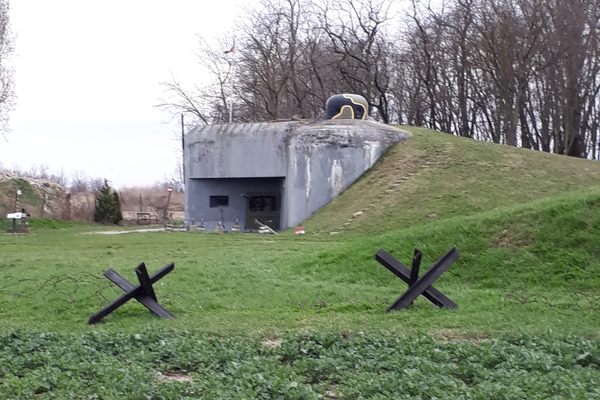
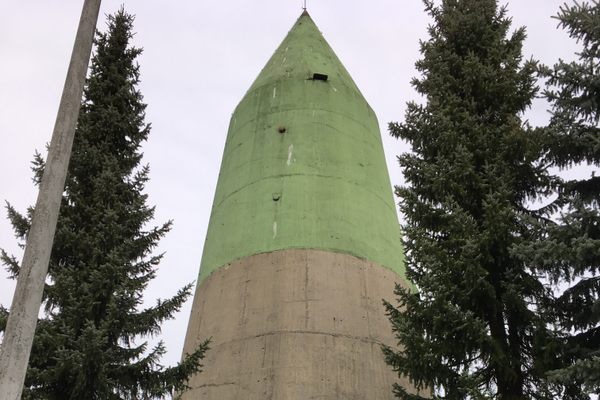

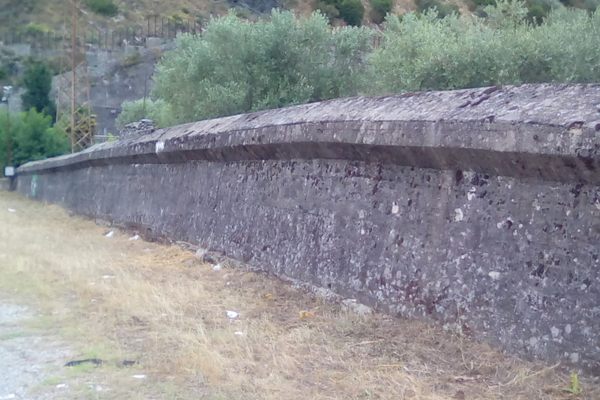

Follow us on Twitter to get the latest on the world's hidden wonders.
Like us on Facebook to get the latest on the world's hidden wonders.
Follow us on Twitter Like us on Facebook